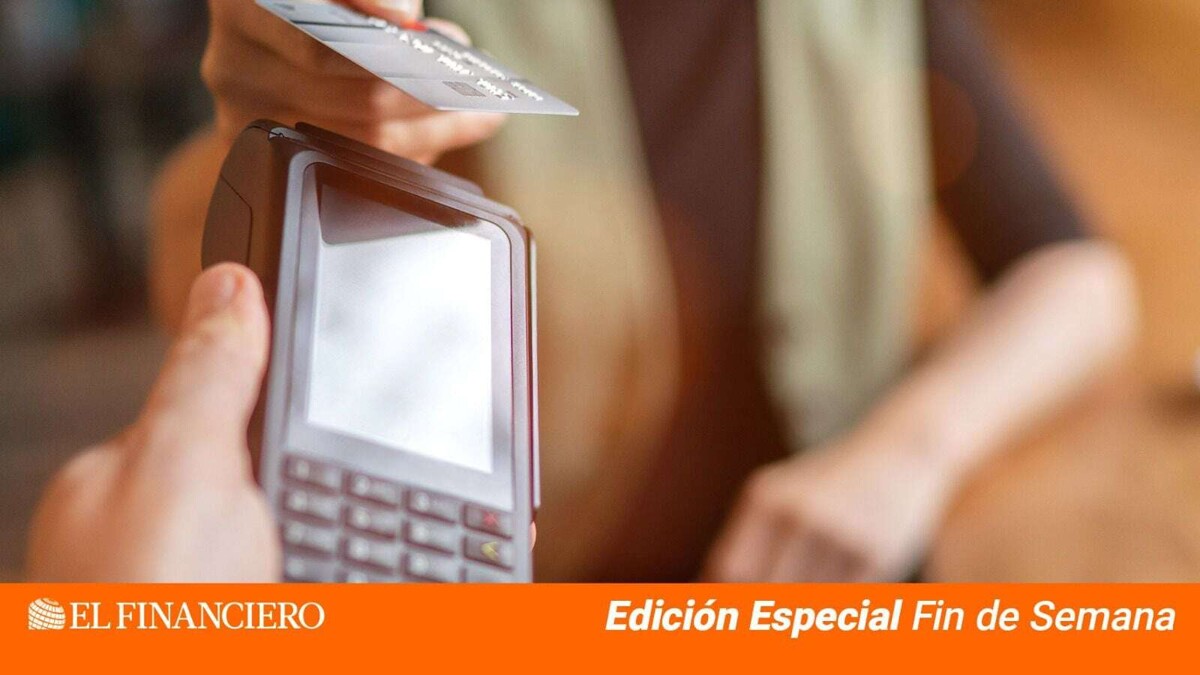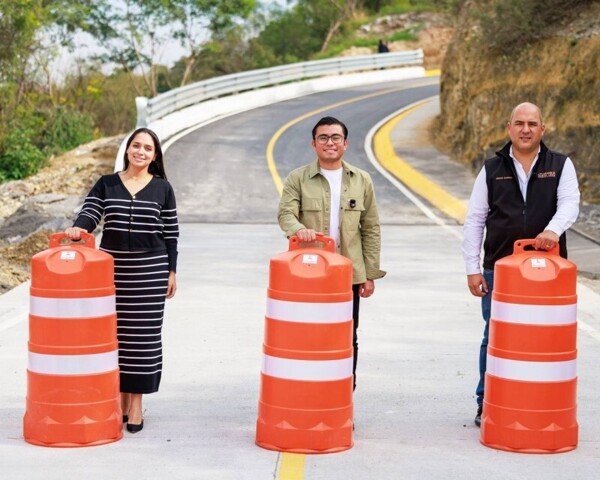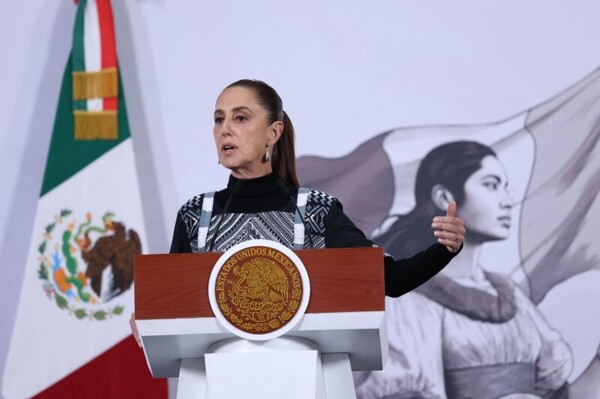
In Mexico, a reduction in the gaps in financial inclusion has been observed, despite the persistence of significant challenges, especially regarding the inclusion of the indigenous population, particularly women.
According to the National Financial Inclusion Survey (ENIF) 2024 conducted by INEGI and the National Banking and Securities Commission, last year 76.5% of adults in Mexico had at least one formal financial product, representing an increase of more than eight points compared to previous years. However, still a quarter of the population aged 18 to 70 does not have any financial product, such as a savings account, credit, insurance, or retirement account.
In the presentation of the ENIF, the Secretary of Finance, Edgar Amador, highlighted that this progress is mainly due to the expansion of social programs, which has facilitated access to the financial system for a significant part of the population. Additionally, the increasing use of the internet and digital devices, especially after the pandemic, has contributed to greater financial inclusion, particularly among younger people.
The use of digital channels to acquire financial products has been more common among people aged 18 to 29, who mostly use mobile applications to manage their accounts. Regarding formal savings accounts, 63% of Mexican adults have one in a financial institution, being more common among men than among women.
Although there is evidence of an improvement in the financial behavior of the population, significant challenges in terms of financial inclusion still persist in Mexico. Despite the increase in the use of digital channels, cash remains the predominant means of payment, especially in lower-value transactions. According to Edgar Amador, work needs to continue addressing existing gaps and strengthening the population's trust in the financial system.
Promoting financial inclusion is presented as a fundamental aspect to reduce inequality and poverty in the country, so joint efforts are required to ensure equitable access to financial services and improve the perception of safety and trust in the banking system among the population.














